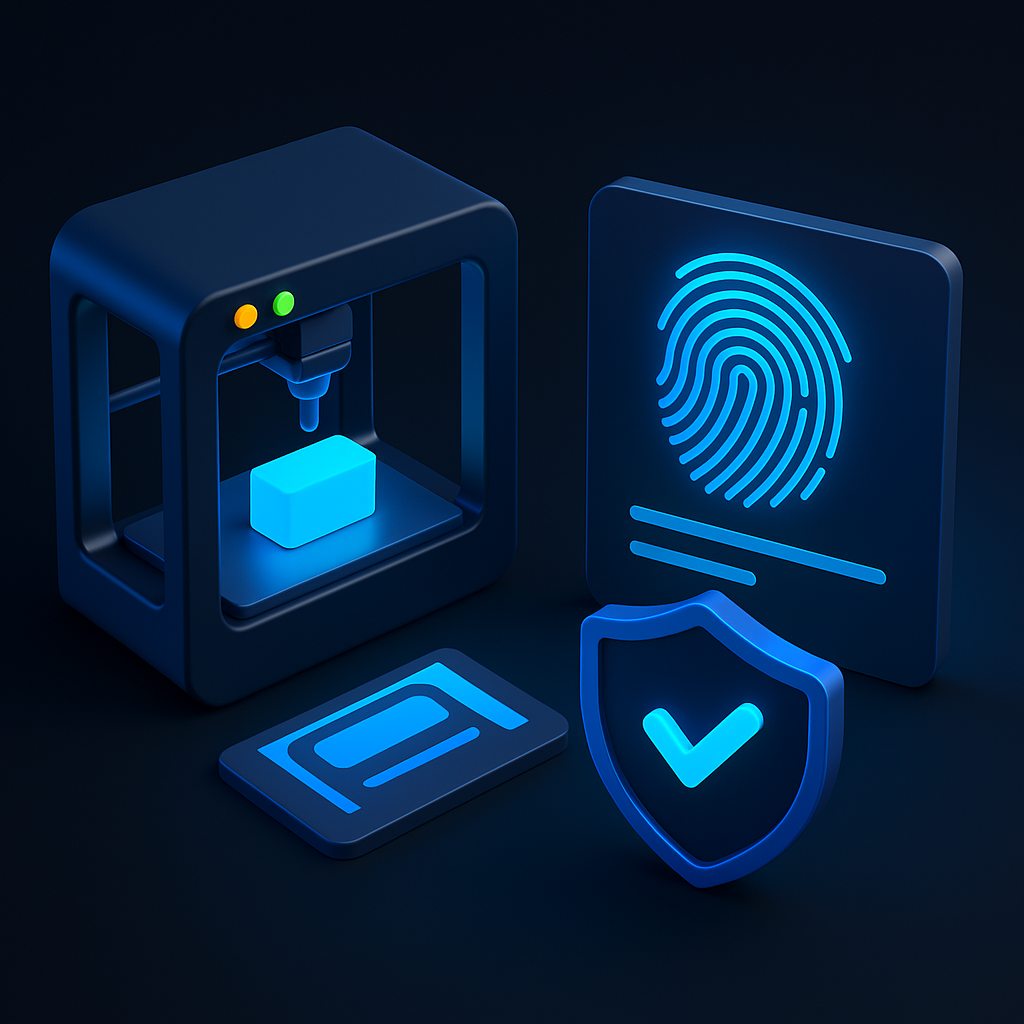Think you “own” your software just because you bought it? Think again. Most modern software—including Encryptryx offerings—is licensed, not sold.
Here’s what that means:
You receive the right to use the software, not the software itself. That right is governed by a license agreement which outlines what’s permitted—and what’s not.
This distinction matters for:
Reselling or redistributing software
Modifying the code
Using the software for commercial services
Violating license terms can lead to revoked access or legal consequences. Be informed. Use responsibly.
Tip from the Team: Always read license agreements (even if they’re boring). We try to make ours transparent and accessible—but when in doubt, ask questions.
What’s Typically Covered in a Software License?
A license agreement (often called an EULA – End User License Agreement) usually includes:
How many devices you can install the software on
Whether commercial use is allowed
Restrictions on modification or reverse-engineering
Data usage and privacy rights
Business Use? Read Carefully
Using software in a commercial or enterprise context often requires a different type of license. Personal use clauses may not cover SaaS integrations, automation tools, or data-heavy environments.
What Happens If You Violate the License?
Encryptryx reserves the right to revoke access for non-compliance. In extreme cases, this may lead to legal claims, especially when IP infringement is involved.

